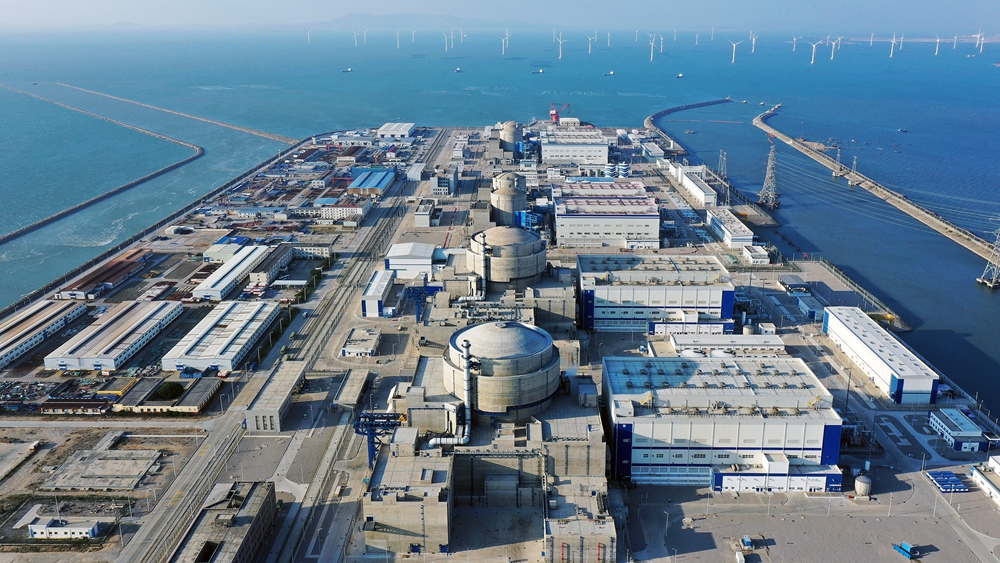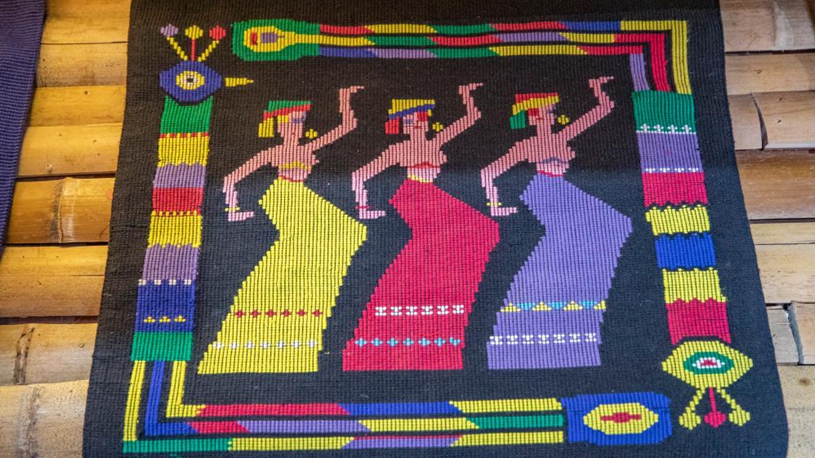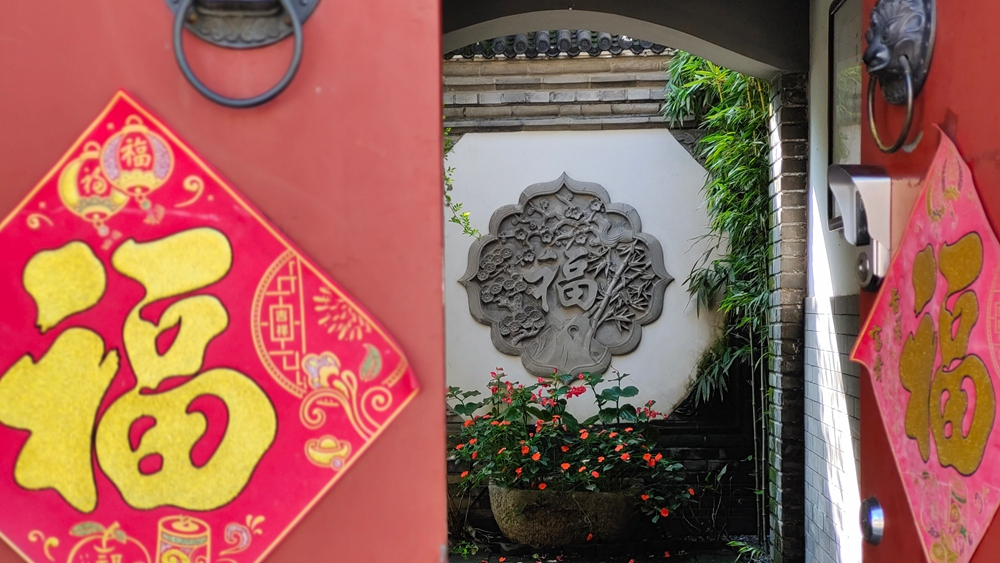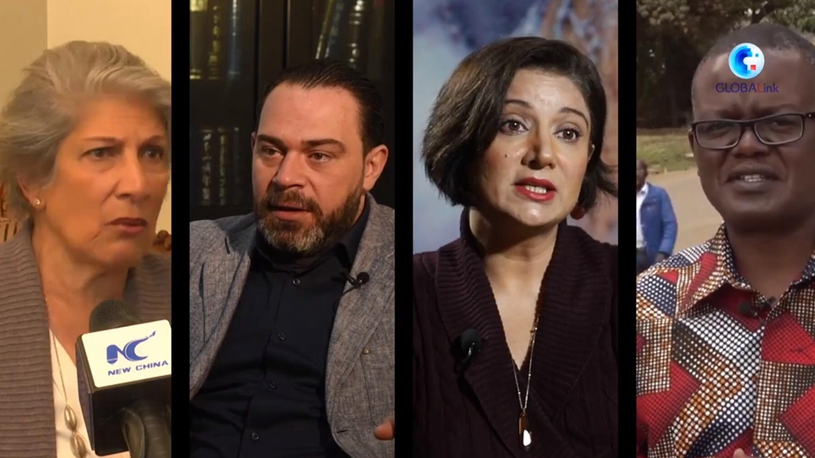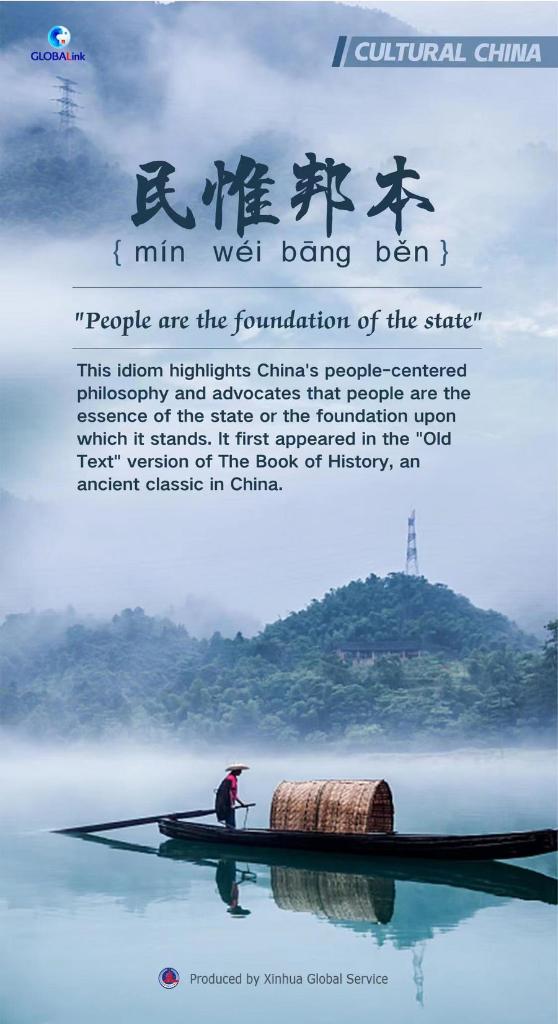
BEIJING, March 26 (Xinhua) -- China's people-centered philosophy has its roots in traditional Chinese culture, as is reflected in the idiom "Min Wei Bang Ben," which means people are the foundation of the state.
The saying first appeared in the "Old Text" version of The Book of History, an ancient classic in China. "Our ancestor Yu the Great warned: (a ruler) must maintain a close relationship with the people; he must not regard them as insignificant. They are the foundation of a state, and a state can enjoy peace only when its foundation is firm."
In the Warring States Period (475 B.C.-221 B.C.), the people-oriented thought was further developed by renowned Chinese philosophers like Mencius and Xunzi. This gave rise to the "people first" thought advocated by Confucianism.
Mencius once stated: "The essence of a state is the people, next come the god of land and the god of grain (which stand for state power), and last the ruler."
Xunzi likened people to water, and as one of his famous sayings goes: "Just as water can float a boat, so can water overturn it."
The people-centered philosophy has run through China's history for thousands of years. In modern times, the Communist Party of China (CPC) has upheld its time-honored philosophy of putting the people first, which is the key to both its success and its future.
Under the leadership of the CPC, China seeks a people-centered modernization. This is best illustrated by China's massive poverty-alleviation campaign and its handling of the COVID-19 epidemic, where such concepts and practices as "No one should be left behind" and "People first, life first" have been demonstrated. ■

